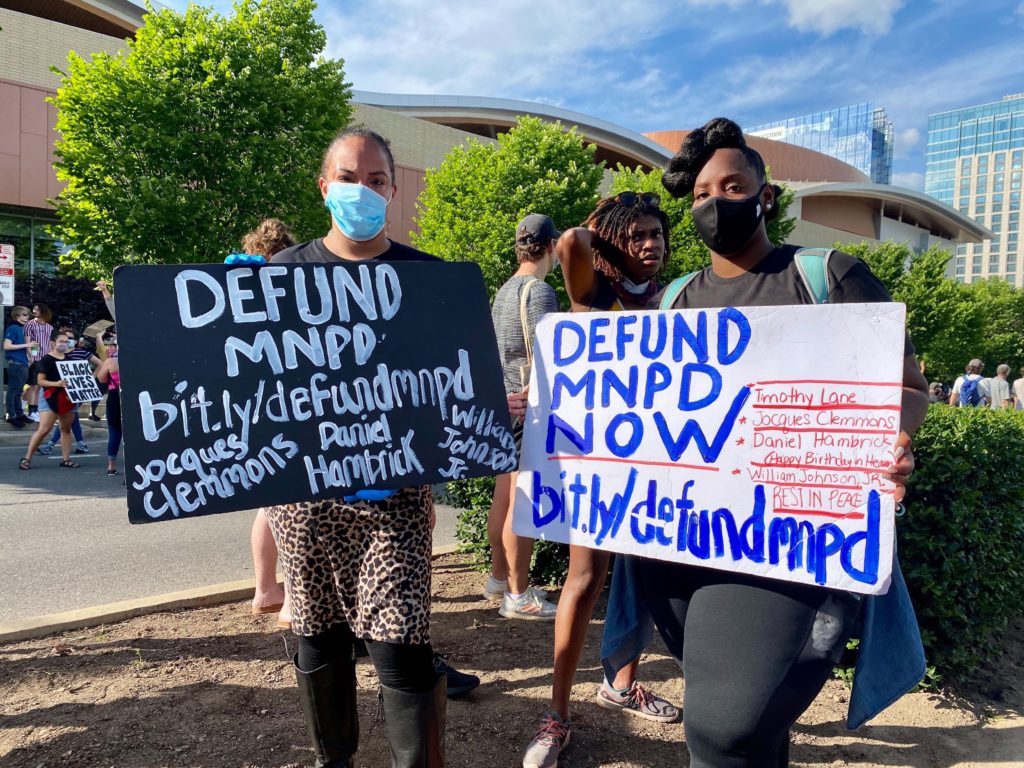
Amid calls to reduce police budgets, Gov. Bill Lee announced Thursday that Tennessee will use coronavirus relief money to increase funding for law enforcement.
Lee says he’s setting aside $300,000 for 90 scholarships to the state law enforcement training academy. And those who go through the academy will get additional training in use of force, de-escalation and community interactions.
The scholarships are part of a new report from the Tennessee Law Enforcement Reform Partnership, which has spent the past two months reviewing policies, training and vetting processes for recruitment.
The governor contrasts the group’s recommendations with calls to cut police funding.
“Approaches that would result in upheaval or defunding are not the right approach that, we believe, to addressing the real reforms that are necessary,” Lee says. “We’ve chosen what we believe is a substantive and serious approach that shows that our criminal justice system isn’t afraid to take a hard look at their day-to-day operations with regard to how they serve Tennesseans.”
The governor has directed local departments to adopt a use-of-force policy checklist, which officials say about 90% of agencies across the state, including the Tennessee Bureau of Investigation, have already done.
The checklist requires officers to “value and preserve human life” and to only use force “when it is objectively reasonable and for a lawful purpose.” It also prohibits warning shots and chokeholds and requires officers to speak up when they see a colleague using excessive force.
The state has also expanded access to a database that allows departments to see when applicants have been disciplined or lost their law enforcement license in the past, so that they can more thoroughly vet of new officers. Starting this fall, prospective officers will also have to provide more details about past law enforcement positions.
The governor says a diverse mix of law enforcement officials, state legislators and community leaders drafted the recommendations, though the report lists just two lawmakers and two community members out of a group of 27. The remainder were drawn from law enforcement and the Lee administration.
Protesters who occupied the plaza outside the Tennessee State Capitol for more than 60 days in the hopes of speaking with the governor about racial injustice and criminal justice reform were not included in the conversations. Rather than meeting with the demonstrators, Lee signed a law that enhances penalties for certain forms of protest and makes unauthorized camping on state grounds a felony.
Samantha Max is a Report for America corps member.

